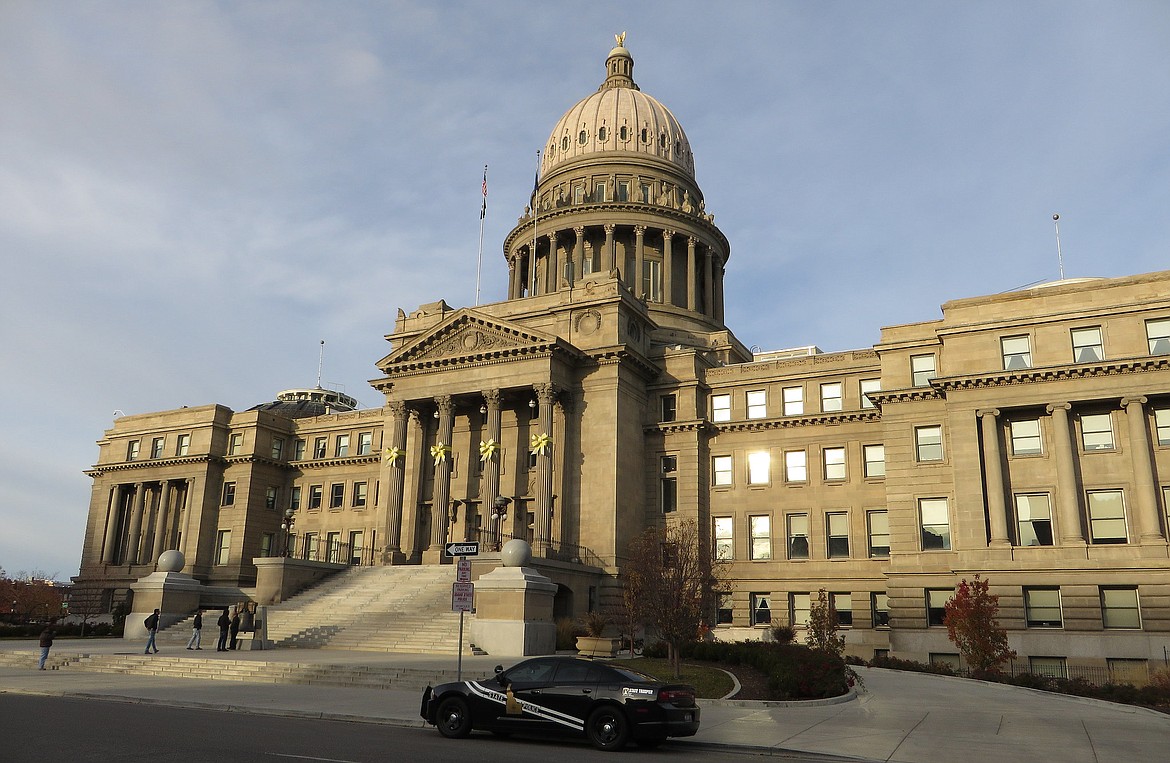State legislators aims to limit reproductive rights
BOISE — The Idaho Legislature has advanced legislation which would make abortions more limited and restrict funds for agencies that provide contraceptives.
Senate Bill 1183 passed strictly along party lines, with District 1 Sen. Jim Woodward voting in favor of the bill, sponsored by Sen. Patti Anne Lodge (R-Caldwell) and Rep. Steven Harris (R-Meridian). The bill will move on to be read in the house.
According to the bill, this legislation prohibits abortion procedures when a fetal heartbeat can be detected, with the exceptions included for rape, incest, and the life of the mother. A detectable heartbeat is a key indicator, in law and medical practice alike, of the existence of life.
This legislation becomes effective upon the issuance of any decision upholding a restriction or ban on abortion of a ‘preborn child with a heartbeat’ by any United States appellate court.
The bill details, “The legislature finds and declares that: The life of each human being begins at fertilization, and unborn children have interests in life, health, and well-being that should be protected.”
The bill makes exemptions for victims of rape and incest but requires the victims to report their rape or incest case to law enforcement and provide a police report to a physician before they can perform the procedure.
According to the National Sexual Violence Resource Center, 40% of rapes and sexual assaults were reported to police in 2017, but only about 25% were reported to police in 2018.
Every licensed health care professional who intentionally, knowingly, and recklessly performs or induces an abortion, as defined in this chapter, commits the crime of criminal abortion.
Criminal abortion shall be a felony punishable by a prison sentence of no less than two years and no more than five years in prison.
ACLU of Idaho stated because of the approval of the bill stating, “In sum, this legislation fails to acknowledge the realities that survivors of sexual violence experience. The amendment from the previous iteration of this bill (SB 1085) was deliberate and without any consultation with survivors of sexual violence or advocates against intimate partner violence. This lack of consultation shows a disregard for survivors and their lived experiences.”
The bill states it will be effective 30 days following the issuance of the judgment in any United States appellate court case in which the appellate court upholds a restriction or ban on abortion for a preborn child because a detectable heartbeat is present because such restriction or ban does not violate the United States constitution.
House Bill 220 passed the house floor and moved onto the senate state affairs on April 7 to begin the bill’s first readings. A bill sponsored by Rep. Bruce D. Skaug (R- Nampa) and Rep. Brent J. Crane (R-Nampa), which Rep. Sage Dixon voted for and Rep. Heather Scott voted against the bill.
According to HB 220, “proposed legislation ensures taxpayer dollars do not support the abortion industry by prohibiting the expenditure of taxpayer dollars to abortion providers. It prohibits public contracting or participating in any commercial transaction with an abortion provider.”
The legislation would prohibit the use of any public asset or employee to procure, counsel in favor, refer to, or perform an abortion. These prohibitions would also apply to all government units in Idaho, including state, county, municipal, public health districts, and public school districts.
Intentional non-compliance is subject to prosecution under the state's misuse of public funds statute. Medicaid is not implicated in this legislation.
The legislation would also deny higher education institutions from providing emergency contraception and or advocating abortion counseling.
The penalty for violating this chapter’s provisions by a public officer or public employee shall be considered a misuse of public money punishable under section 18-5702, Idaho 31 Code.

